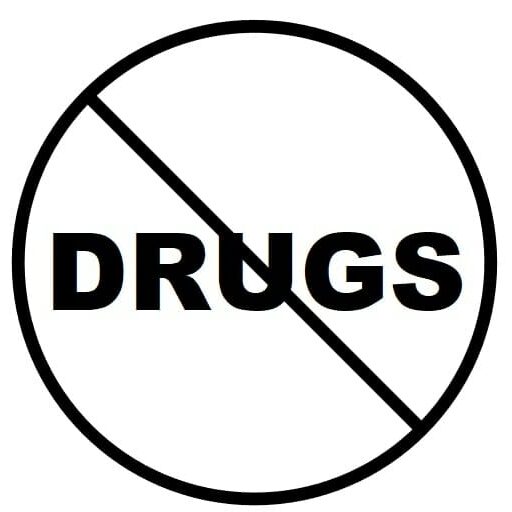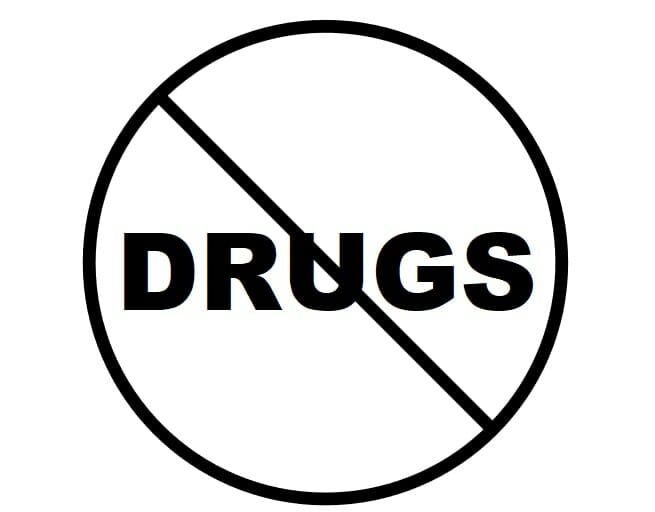
Helping those with addictions
The decriminalization of illegal drugs in British Columbia
The recent temporary law changes in British Columbia have stirred up controversy. It is now legal to carry small amounts of illegal drugs in your possession. I believe Nova Scotia and other Canadian provinces should follow suit.
On a pilot basis from Jan. 31, 2023 to Jan. 31, 2026, adults 18 years or older won’t be arrested for possessing small amounts of certain illegal drugs, including heroin, morphine and fentanyl. It encourages citizens who overdose or struggle with drug use to seek medical help.
Previously, people who were overdosing might not get help because they were afraid of being arrested for carrying illegal drugs. This law may resolve this issue to some degree.

Decriminalizing addicts?
Drug addiction is a serious issue. Instead of arresting individuals for taking illegal substances, it is more important for them to receive the medical attention they need. The hope is that death tolls from substance use will decrease, but there is also worry this law change will increase illegal drug use.
There may be a risk of a rise in substance use in British Columbia. There may also be greater opportunities for people struggling with addictions to receive help without punishment.
For those concerned with rising crime rates related to the pilot, there are still laws in place against trafficking and larger offences. Individuals are only legally able to carry less than 2.5 grams of an illegal drug.
So far, British Columbia is the only province in Canada to decriminalize non-medical possession of illegal drugs. I think it would be wise for other provinces to make similar changes to their own laws.
Nova Scotia experiences quite a bit of substance abuse, but larger provinces such as Alberta and Ontario may benefit even more from the decriminalization of drug use. Of deaths caused by opioid substance abuse in Canada between January 2016 and March 2022, 88 per cent occurred in British Columbia, Ontario and Alberta.
While British Columbia has now implemented a pilot project in an attempt to reduce that rate, the other two provinces have not.
Drugs such as crack cocaine, fentanyl, morphine, heroin and methamphetamine are highly addictive and dangerous. Stopping use is no easy feat. The important thing is to give individuals a chance to seek help.
If individuals who seek help get arrested, it does not solve anything. Especially in large provinces like Ontario and Alberta. These large urban provinces need to follow B.C.’s example and attempt to fix this problem.
Big cities will always have increased substance abuse as opposed to smaller cities like Halifax. The denser the population is, the more poverty one will find and, in turn, more illegal drugs.
It is a decision that comes with risks. Decriminalizing small portions of illegal drugs might lead to more people using drugs. But, it is a necessary decision. Between January 2016 and March 2022, there were at least 30,843 deaths due to opioid use across Canada. This new law might be part of a solution.
How do you receive help outside of B.C.?
While it is still illegal to possess any amount of these drugs in Nova Scotia, there is help available. Thankfully smaller provinces like N.S., with fewer deaths due to substance abuse, have other helpful resources.
On Spring Garden Road there is the Searidge Foundation rehabilitation facility which treats individuals with addictions.
Dalhousie University also offers help for students battling addiction. The Student Health and Wellness Centre on LeMarchant Street is available to all students. It offers a wide range of options to help with addictions to drugs or alcohol. It also has counselling which helps treat mental illnesses such as depression. This could potentially help students suffering from depression from developing addictions influenced by mental health struggles.
It would be easier if individuals were not charged when seeking help for addiction. I think British Columbia’s new law will be effective. Perhaps in a few months, other provinces will consider it.
While there are resources for individuals who suffer from drug abuse, many people do not recognize they need help. Decriminalizing small amounts of illegal drugs may reduce the stigma around drug use. As a result, citizens suffering from an addiction may get the help they deserve without repercussions.






